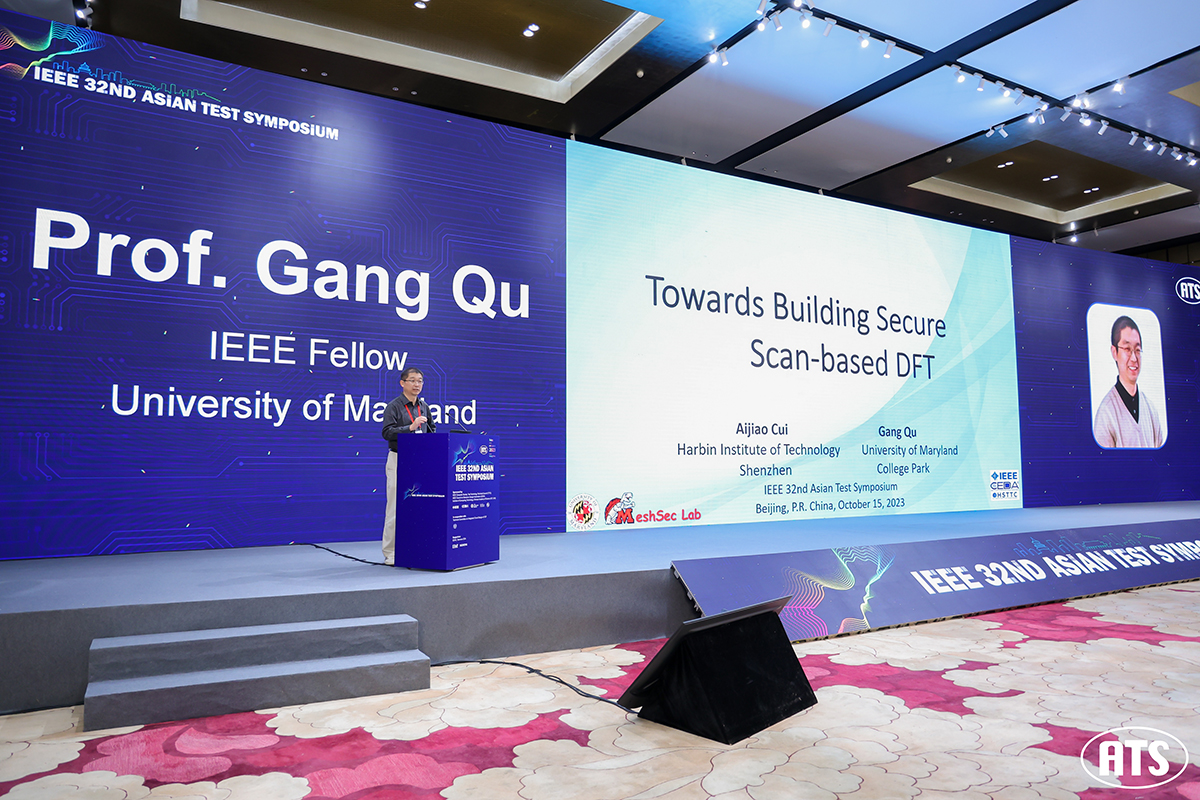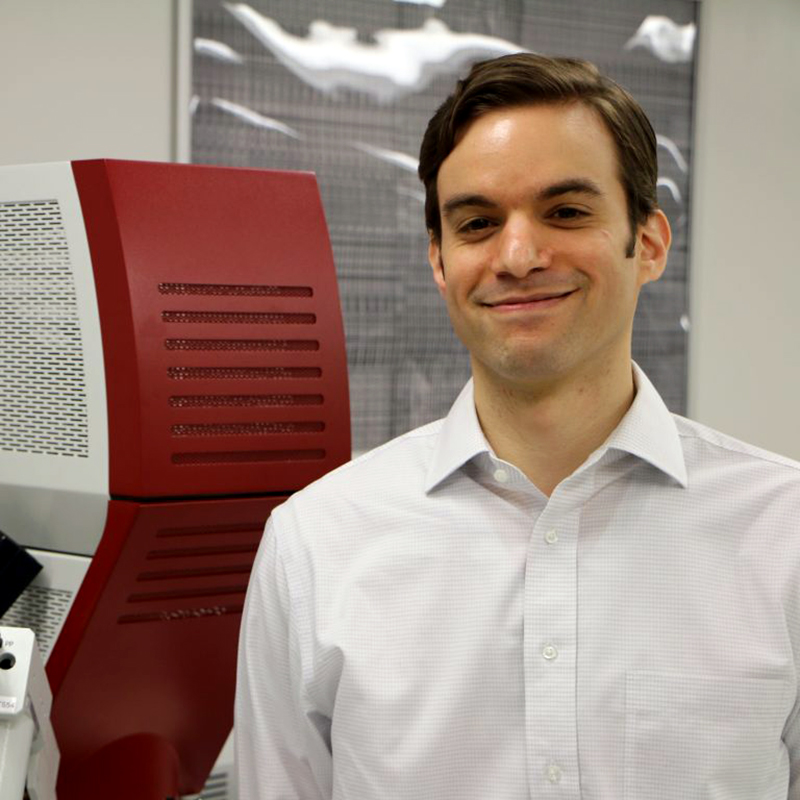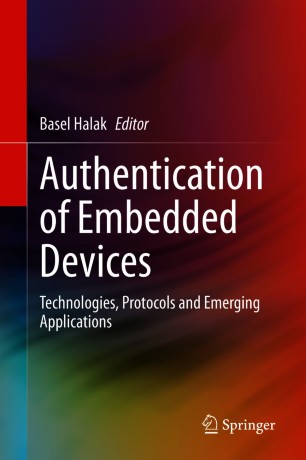News Story
Gang Qu elected IEEE Fellow

Professor Gang Qu (ECE/ISR) has been elected a Fellow of the Institute of Electrical and Electronics Engineers (IEEE), effective Jan. 1, 2021. His citation reads, “for contributions to hardware intellectual property protection and security.”
Qu’s main research interests are in VLSI design for embedded systems with focus on low power and energy efficient embedded system design; and hardware related security, privacy and trust issues. His research group works in the general area of cybersecurity with focus on hardware security and trust.
His group has developed methods that use the hardware and physical characteristics of Internet of Things devices to build lightweight security primitives such as authentication protocols for data, users, and devices. Qu and his students use traditional CMOS, emerging nonvolatile memory technologies, and voltage over scaling technique for user and device authentication as well as GPS spoofing detection. These practical approaches are promising alternatives for the classical crypto-based authentication protocols for the embedded and IoT devices in the smart world.
On hardware-related security, privacy and trust issues, Qu’s research efforts have been focused on how hardware can help make the system more secure and trustworthy. Specifically, he and his group have proposed robust and practical architectures to implement physically unclonable functions (PUFs) on silicon. His research group is among the leaders in how to hide information into digital circuits to establish design authorship and to build trusted chips. These results have become increasingly important and valuable in the continuous struggle to protect intellectual property and electronic designs.
In the past year Qu and colleagues in China discovered VoltJockey, a critical vulnerability in modern processors caused by hardware features that can break a trusted execution environment. They have successfully broken ARM’s Trustzone and Intel’s SGX. Intel gave Qu’s team its Bug Bounty Award and acknowledged VoltJocky as a high risk vulnerability. This project has contributed significantly to the field of system security and has received a lot of attention from industry and academia worldwide.
In addition to work on reducing chip total power and energy expenditure from the perspective of design automation of integrated circuits, he has investigated how to combine hardware low power and low energy design methodologies with specific applications such as multimedia systems and sensor networks. He has also investigated energy efficient micro and nano devices with digital, analog, and MEMS components.
Qu won the Institute for Systems Research’s Outstanding Faculty Award for 2020. He is one of the University of Maryland researchers working on the newly announced $4.96M DARPA Automated Implementation of Secure Silicon (AISS) semiconductor security project.
About IEEE
The IEEE is the world’s leading professional association for advancing technology for humanity. Through its 400,000 plus members in 160 countries, the association is a leading authority on a wide variety of areas ranging from aerospace systems, computers and telecommunications to biomedical engineering, electric power and consumer electronics.
Dedicated to the advancement of technology, the IEEE publishes 30 percent of the world’s literature in the electrical and electronics engineering and computer science fields, and has developed more than 1300 active industry standards. The association also sponsors or co-sponsors nearly 1700 international technical conferences each year.
Published November 30, 2020









